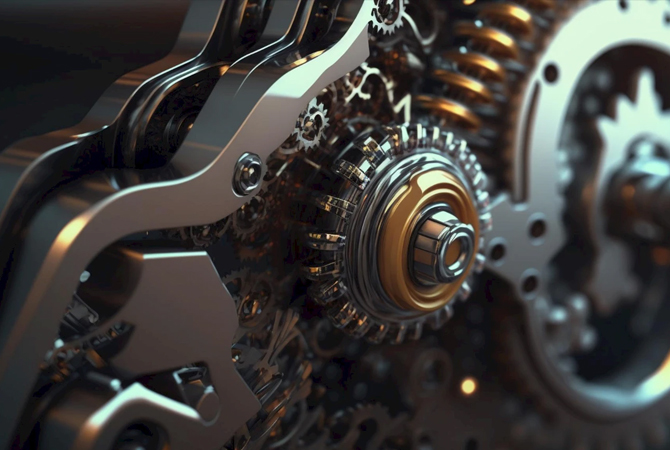Mechanical Engineering
Mechanical engineering is a branch of engineering that focuses on the design, analysis, manufacturing, and maintenance of mechanical systems and components. It applies principles of physics, mathematics, and material science to develop solutions for a wide range of mechanical problems and challenges. Mechanical engineers work across various industries, including automotive, aerospace, energy, manufacturing, robotics, and HVAC (heating, ventilation, and air conditioning).

Key areas of focus within mechanical engineering include:
Mechanics :
Thermodynamics:
Fluid Mechanics:
Mechatronics:
Materials Science and Engineering:
Manufacturing Processes:
Design and Analysis:
Robotics and Automation:
Mechanical engineering is a diverse and interdisciplinary field that offers a wide range of career opportunities for professionals interested in designing and developing innovative solutions to complex engineering challenges. Mechanical engineers work in research and development, product design, manufacturing, project management, consulting, and academia, contributing to advancements in technology and improving the quality of life.











